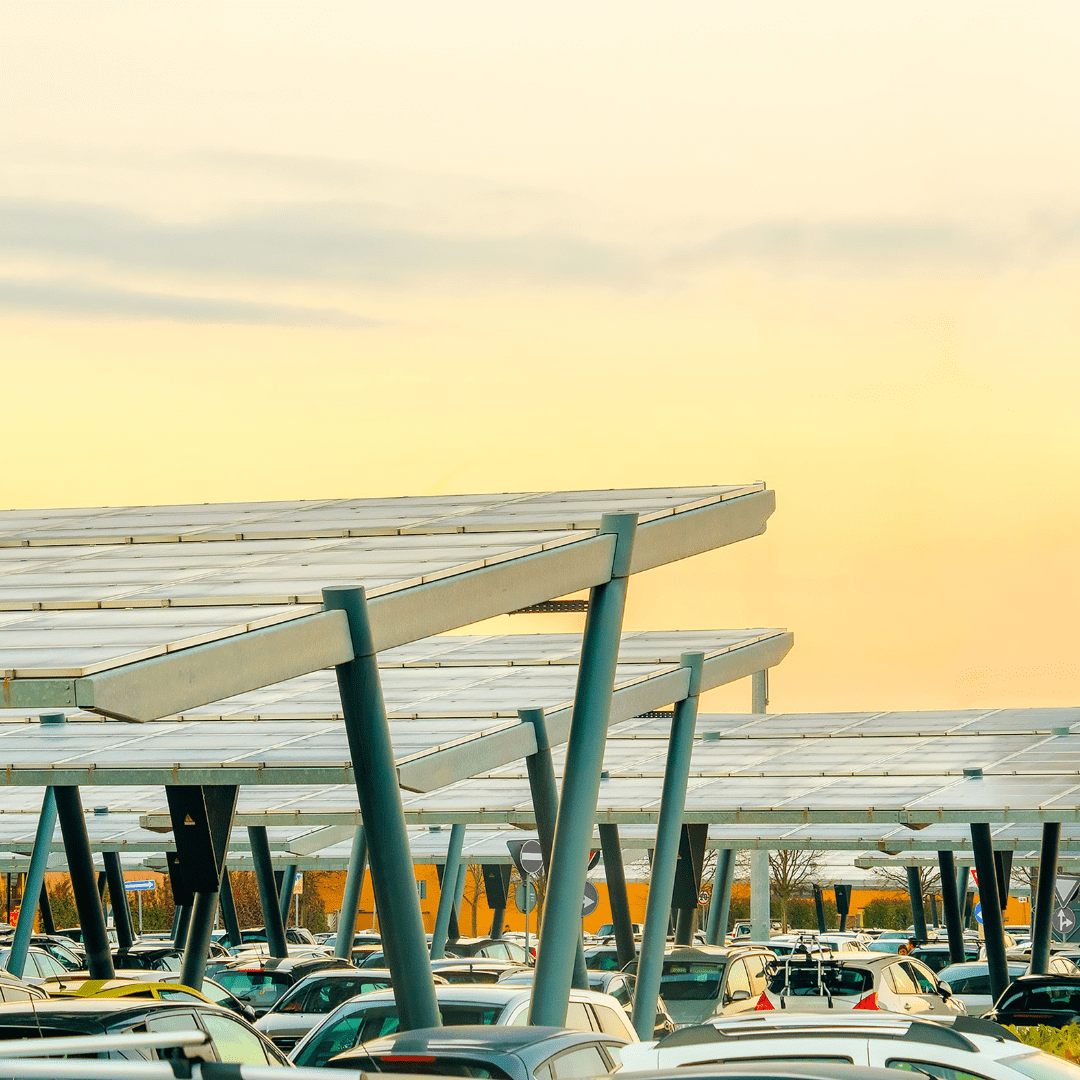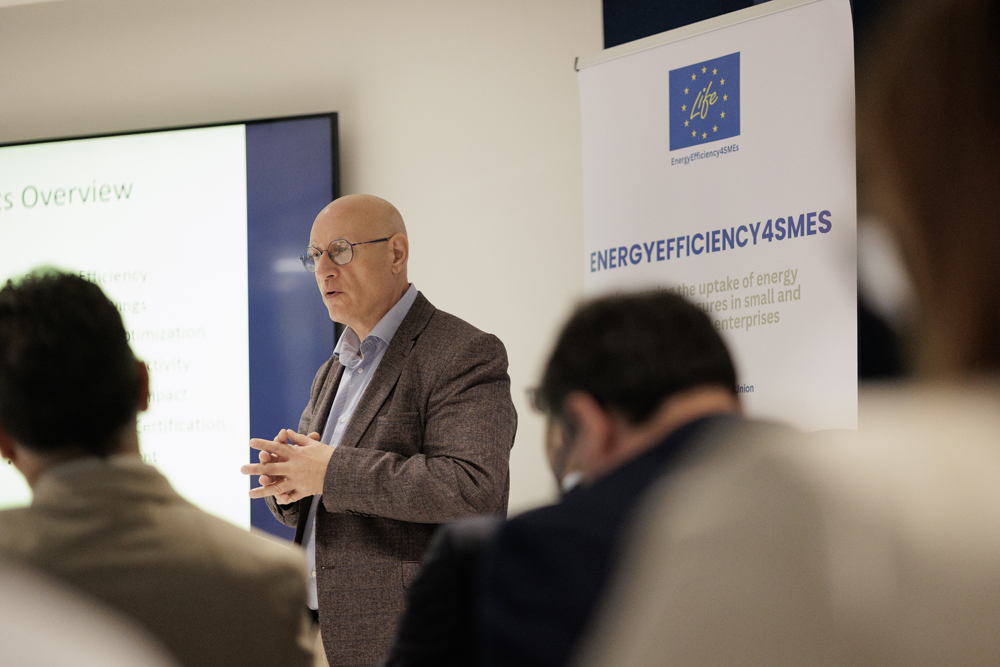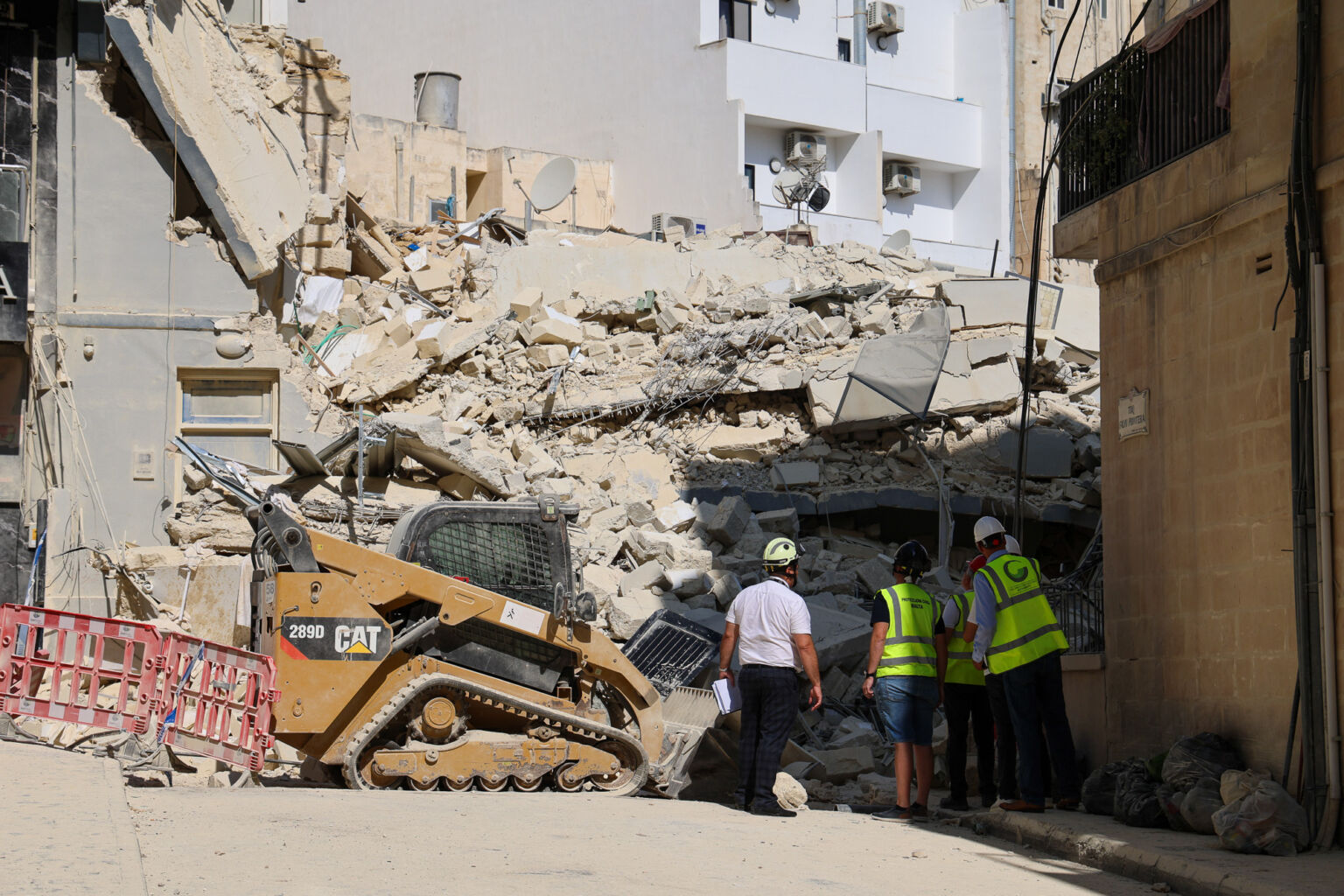

Flimkien għal Ambjent Aħjar together with Charter endorsers The Malta Chamber, Kamra tal-Periti, General Workers’ Union and Malta Union of Tourist Guides, today launched their environment Charter which has been presented to all political parties and candidates and is supported by 7 social partners, 14 eNGOs and 9 local councils.
Speaking for FAA, Prof Louis Naudi explained that the Charter’s aim is to get our politicians to commit to measures to halt the ongoing destruction of our environment and the consequent diminishing quality of life for Malta’s residents. Although aware of this, this administration does not admit to it, hoodwinking the public with policies that focus on economic factors and weak laws full of loopholes, undermining quality of life.
Successive governments in Malta have trumpeted their mission to improve the quality of life for its citizens, using GDP based on numbers – cars, tourists, permits or property sales, income etc as a benchmark, without admitting that quality of life is more than just economic standards; it includes what people value in life, beyond material aspects.
Property development projects are about more than buildings; construction indisputably has impacts but the social costs and are buried, not calculated. Key adverse impacts are damage to nature and built environment, air and noise pollution from construction, heavy vehicles and increased traffic, prolonged closure of road spaces; detours; road and worker safety problems.
Prof Naudi quoted the 2021 EY Generate Youth Survey, where 9 out of 10 felt that our biggest challenge is the deteriorating environment and overdevelopment. Almost two-thirds indicated they would prefer to live elsewhere in Europe. Similarly, in the Expat Insider survey 2021, Malta ranked 56th out of 59 for the quality of the environment.
The Charter also stresses that government has a legal obligation to protect the common interest of citizens when this collides with individual private or business interests. People have a legal right to enjoy a healthy and pollution-free environment, while public assets – including land, coast, sea and cultural heritage – should remain public unless a fixed temporary concession could serve to meaningfully improve the area and not be open for financial gain or exploitation.
Ms Marisa Xuereb, President of The Malta Chamber said that for years we have assumed that economic development must necessarily come at the cost of sacrificing the environment, but there are ways to progress without furthering the destruction of the environment and cultural heritage of our islands.
Speaking about tourism, Ms Xuereb asserted that tourism needs to focus on quality rather than quantity to be sustainable. This is especially true of Gozo which has so far avoided going down the path of mass tourism. If large development projects ruin its charm and make it an extension of Malta, Gozo’s unique tourism preposition will be irreversibly destroyed.
Malta’s economy is increasingly dependent on foreign workers. However the relocation decisions of highly skilled employees do not only depend on job opportunities but also on the quality of life the country offers. Maltese youths gain a lot from foreign work experience, but in order to attract them back once they’ve gained experience, and reverse the brain drain, we need to offer a better Malta than they left. Malta must embrace economic growth that enhances, not detracts from our country.
Malta’s economy is increasingly dependent on foreign workers. However, the relocation decisions of highly skilled employees do not only depend on job opportunities but also on the quality of life the country offers. Maltese youths gain a lot from foreign work experience, but in order to attract them back once they’ve gained experience, and reverse the brain drain, we need to offer a better Malta than they left. Malta must embrace economic growth that enhances, not detracts from our country.
Perit Andre Pizzuto of the Chamber of Architects welcomed the opportunity to position quality of life as a priority. He had strong words for the urban planning of the past 50 years, which he termed “a series of mistaken decisions” which has led to the present degradation of our environment. “Attracting high-worth individuals is not going to be achieved by destroying the value of our country, our cultural and environmental heritage”.
Perit Pizzuto maintained that although both of the main parties claim to be promoting environmental values, their manifestos fall far short of the wholesale reform in planning that is needed.
Mr Paul Spiteri, Treasurer of the Malta Union of Tourist Guides stated that while certain parts of Malta, such as Valletta and the Three Cities, have great appeal, tourists’ experience in places like Bugibba are much less positive and this needs to be reversed, rather than spreading to other areas.
Astrid Vella, Coordinator of Flimkien għal Ambjent Aħjar concluded by saying that the non-political nature of the Charter was reflected in the fact that its endorsers span the political spectrum. She maintained that a poor environment undermines workers’ health while increasing the nation’s public health spending. The granting of so many permits for luxury developments while young couples can’t find accommodation they can afford is a further environmental injustice.
Ms Vella confirmed that the Charter has been endorsed by the PN, ADPD, Volt and independent candidate Arnold Cassola, who have committed to implementing it if elected to Parliament, however the very party that is promoting an environmental manifesto, the Labour Party, has made no attempt to endorse it. Flimkien ghal Ambjent Ahjar calls on government to recognise and put its signature to the charter, which is non partisan and supported by all segments of politics and society.

...
...


...


...
